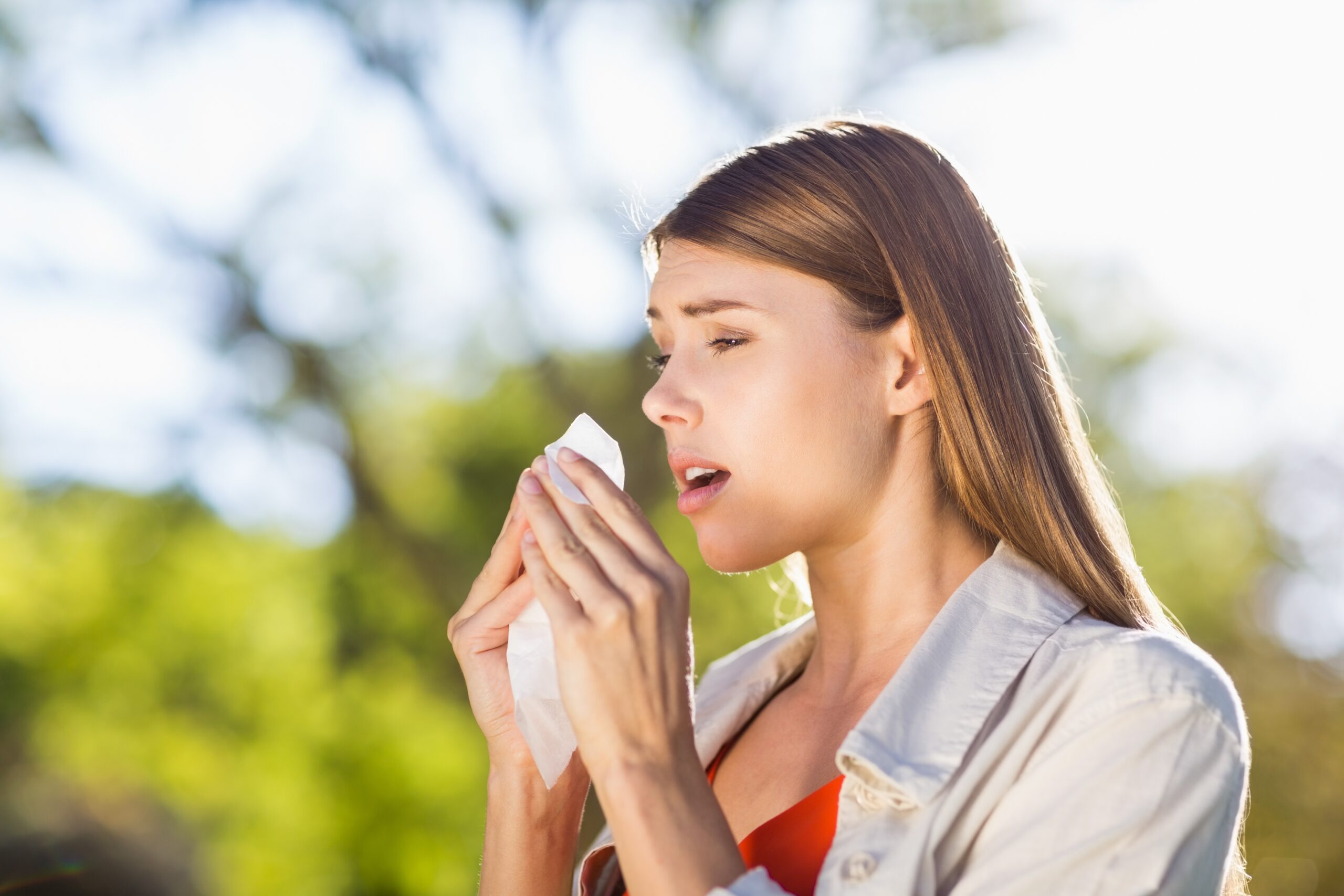
Having hay fever if you’re holidaying can be miserable and really take the edge off your enjoyment. Most hay fever sufferers (95%) are allergic to grass pollen. The season starts in May with peaks in June and July. Weed pollen is also pollinating at this time, making it a misery for caravanners. However, there are some simple things you can do to help. Airborne allergens expert Max Wiseberg gives his top tips…
“Hay fever is a result of our immune system’s overreaction to innocuous particles such as pollen,” explains Max. “The body’s reaction to pollen is to produce histamines. Normal amounts of histamines in your brain are good – they keep us alert, attentive and awake. But, when there are too many in the body, they produce symptoms including sneezing, a runny nose, itchy and watery or streaming eyes, nasal congestion and a general stuffed up feeling in the nose and throat. Avoiding the allergen is always key with any allergy, whatever it might be. So here is a selection of practical tips for campers.”
“Keep the windows shut to help keep the pollen out. And keep the door closed as much as possible.”
“Hoover and damp dust your caravan regularly to prevent a build-up of pollen particles that can trigger symptoms.”
“Use HayMax. The organic, drug-free balm can be applied to the nostrils and around the bones of the eyes in the morning, throughout the day and at night to trap more than a third of pollen before it enters the body[1]. Less allergen, less reaction.”
“Wear wraparound sunglasses to prevent pollen particles coming in contact with your eyes. And tie your hair up and wear a hat, cap or other head cover to prevent pollen particles being caught in your hair.”
“Wash your face as soon as you get inside on high pollen count days. This will wash away allergens so that they can’t cause a reaction, and a cool compress will soothe sore eyes.”
“Shower at night before sleeping to remove pollen particles from your hair and body.”
“Stay hydrated and eat lots of fruit and vegetables to stay healthy and support your immune system.”
“Avoid going out in the morning or evening when the pollen count is at its highest.”
“One hay fever product might not be enough to help in very high pollen, so creating a Hay Fever First Aid Kit could be the answer, combining natural and conventional products and remedies.”
“Pharmaceutical remedies are generally based on either antihistamines or steroid nasal sprays,” says Max, “whilst natural remedies are based on physical preventative measures, immune boosters or natural antihistamines. The interesting thing about this is that many of these remedies can be complementary to each other. So you can create your own, bespoke kit that suits your specific needs.”
“However, there are rules: never take two antihistamines together, never take two steroid nasal sprays together, and consult your pharmacist or doctor about it if you are already taking another medication. I suggest that your ideal Hay Fever First Aid Kit will consist of one or more natural products such as HayMax, only one antihistamine, only one nasal spray and eye drops.”



